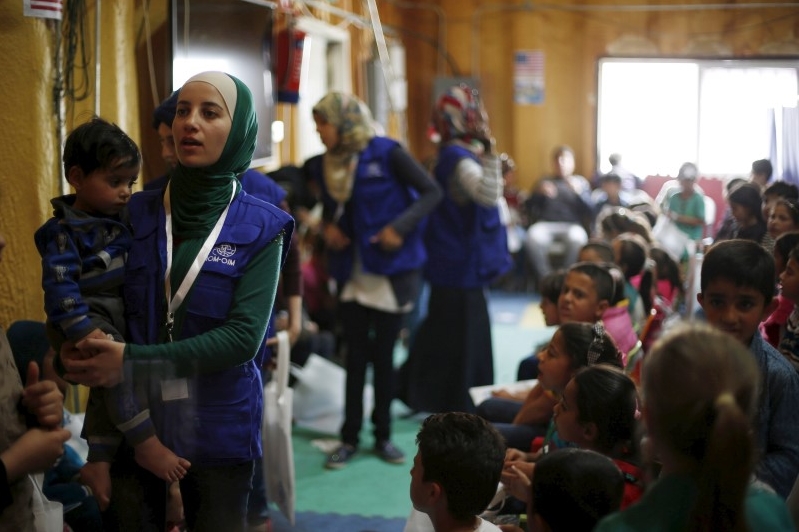
Disillusioned by the horror perpetrated by followers of Islam, Muslim refugees in Switzerland and Germany are converting to Christianity at a dramatic rate after experiencing the love of Christ and hearing the truth of the Gospel, according to a new report.
Switzerland's Counselling Center for Integration and Religious Affairs found that more than 2,000 Muslims have turned to Christ since 2014, and the number keeps rising.
Coordinator Kathrin Anliker told the Swiss edition of 20 Minutes: "In recent months we've been told mainly of Afghans and Kurds who have converted."
She revealed that some of the refugees embrace Christianity after witnessing the brutality of extremist groups like ISIS, who carry out horrific acts in the name of Allah. Others, however, were already Christians, but kept their faith a secret for fear of persecution.
Philippe Dätwyler of the Reformed Church in Zurich also reported many conversions to Christianity in Switzerland's free evangelical churches, which runs services for Iranians and Afghans, led by a Persian Pastor.
"The strong piety and the family atmosphere that prevail in the free churches meet the needs of converts rather than the somewhat non-binding regional churches," he told 20 Minutes.
Last year alone some 1.8 million asylum-seekers entered the European Union, fleeing war and poverty in Middle-Eastern countries, according to data from the European Union border agency Frontex. Around 1.1 million refugees came to Germany in 2015.
In June, The Guardian reported that an astounding number of Muslim refugees in Europe had converted to Christianity, with some churches conducting mass baptisms. In Austria, there were at least 300 applications for adult christenings in the first three months of 2016 alone, with up to 70 percent of those said to be refugees.
RT, which conducted interviews with several converts, said that "among the most popular reasons behind the conversion is faith in a new religion, triggered by 'lack of freedom' in Islam, and gratitude to Christians offering help to refugees fleeing war-torn countries."
"I've been spat on, told that I've betrayed Islam. But through what I've learned, I can forgive them," one man who was recently baptized a Christian told the news outlet in Hamburg.
"In Islam, we always lived in fear. Fear God, fear of sin, fear of punishment. However, Christ is a God of love," another Iranian refugee, Solmaz, told the German daily, according to RT.
Anliker admitted that some refugees misguidedly believe that converting will help their case for asylum. However, Léa Wertheimer, of the State Secretariat for Migration, made clear that each case for asylum was judged on its own individual merit, and conversion made no difference.
Because of this, the Counselling Center For Integration and Religious Affairs advises churches to consider any baptism of asylum seekers carefully to detect the true reasons for the change of faith.
"If someone just comes to baptism, the churches should be cautious," said Anliker. "It is not about to lead a police interrogation, but to feel the motivation for the Christian faith."







